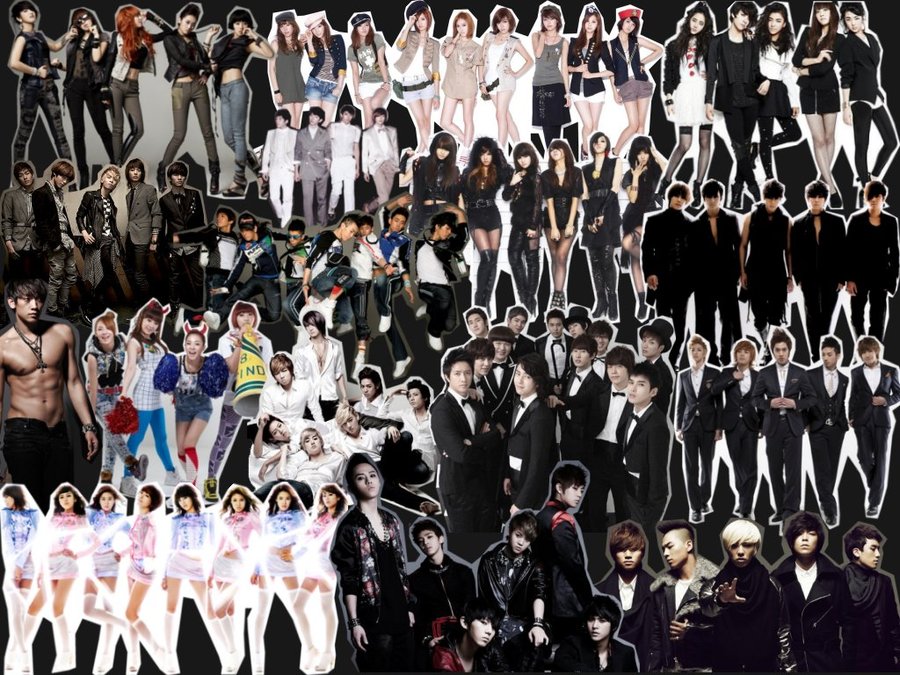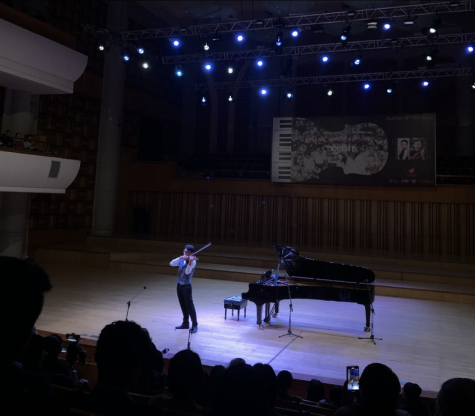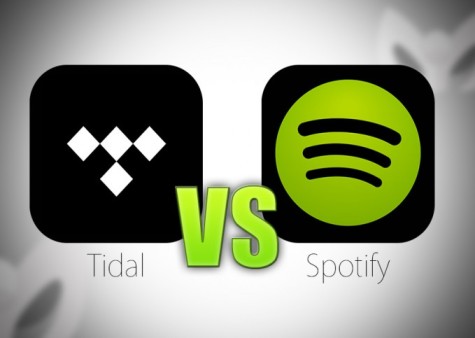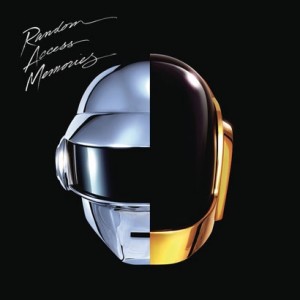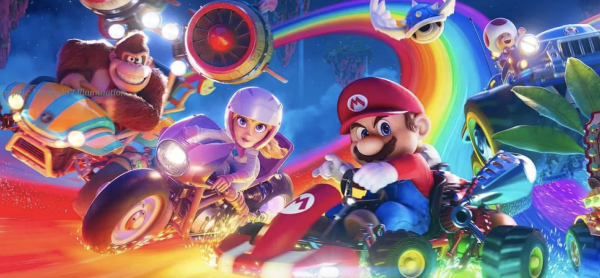A Personal Thought On The Current State of K-Pop
Based purely on my observations, I think K-pop from the late 1990s could be respected more as a musical form than the contemporary one due to the variety of performances and contents that it offers. Although the music content are often considered to be overly sentimental by modern audience, it is certain that earlier K-pop singers worked hard to improve themselves as singers by trying new musical genre, making creative dance moves, designing original stage costumes, etc. Personally, I believe that such dedication to arts is one of the factors that allowed K-pop to gain the fame it is earning today. However, as the music market expands, music agencies set up new plans to produce things which could be attractive to both foreigners and Korean, which resulted in a negative way by producing music without quality.
One of the most significant problems I see with modern K-Pop would be the performance aspects, especially for female groups. I must say whenever I see K-Pop girl groups; I get the feeling that they are promoting themselves by showing off their bodies rather than expressing their capabilities as singers. It has become too common these days to see extensively exposing outfits in numerous Korean girl groups during performance and on social media, doesn’t matter whether the groups are popular or not. If you have ever viewed such videos or images, you would know what I mean since overly-short pants, tight or loose clothing, etc. constitute most girl group outfits. Although several people try to appreciate this by saying the singers are trying on some new ‘sexy’ concept, I don’t understand how the concept is still special if it has been out there for more than 3 years and almost 95% of Korean girl groups are utilising it. The outfits issue becomes worse as the singers start to expose themselves more with the hope to be more successful than their fellow ‘sexy-concept’ competitors. The change in dance moves helped K-Pop become even more lascivious as performance elements such as dance and costumes are supposed to match each other. If you don’t really get the whole situation, go on Youtube and watch any K-Pop girl group music videos, and witness the performances that involve shaking asses and opening legs wide open. An anonymous South Korean blogger says, “The government of South Korea blocked pornographies in order to promote K-pop,” which explains the state of K-pop female group performances in a single statement.
Another problem I see would be the lyrical content of K-Pop songs. I think these songs have enough potential to become great international hits considering how they have attractive melodies, but what ruin things are the lyrics. Last year, a survey that involves Koreans and foreigners were taken place in Myeongdong, a major high street in Seoul. The surveyors asked at least 100 Koreans and foreigners to listen to randomly selected K-pop songs. After listening, the Koreans were asked if they understood the overall meaning while the foreigners were asked if they understood the English versions. The result was that nobody understood much about what they were listening to. This, I truly understand as lyrics of K-Pop songs are either vague and being covered up by digital sounds or full of incorrect English. It is quite a shame as several foreigners who are trying to learn Korean listen to K-Pop, expecting a similar effect as English-learners listening to pop songs to improve their English, yet gaining nothing in the end.
In the previous paragraphs, I have criticized the value of K-pop by stating how pointless the outfits, dances, and lyrics are. However, I cannot criticize the idol singers for doing such works when the managers of the musical agencies are the ones to be blamed. I believe the main cause for the degrading of K-pop are the greedy entrepreneurs as the only thing they seek for is financial success rather than the musical value of K-pop. Therefore, all I could conclude is that the backbone companies of K-Pop must undertake a change to enhance their respect towards their musicians’ works.
K-Pop has a great potential for becoming a ‘real’ musical syndrome. All it requires in order to progress to that level is a slight change in its ways of finding a middle ground between music and business.

